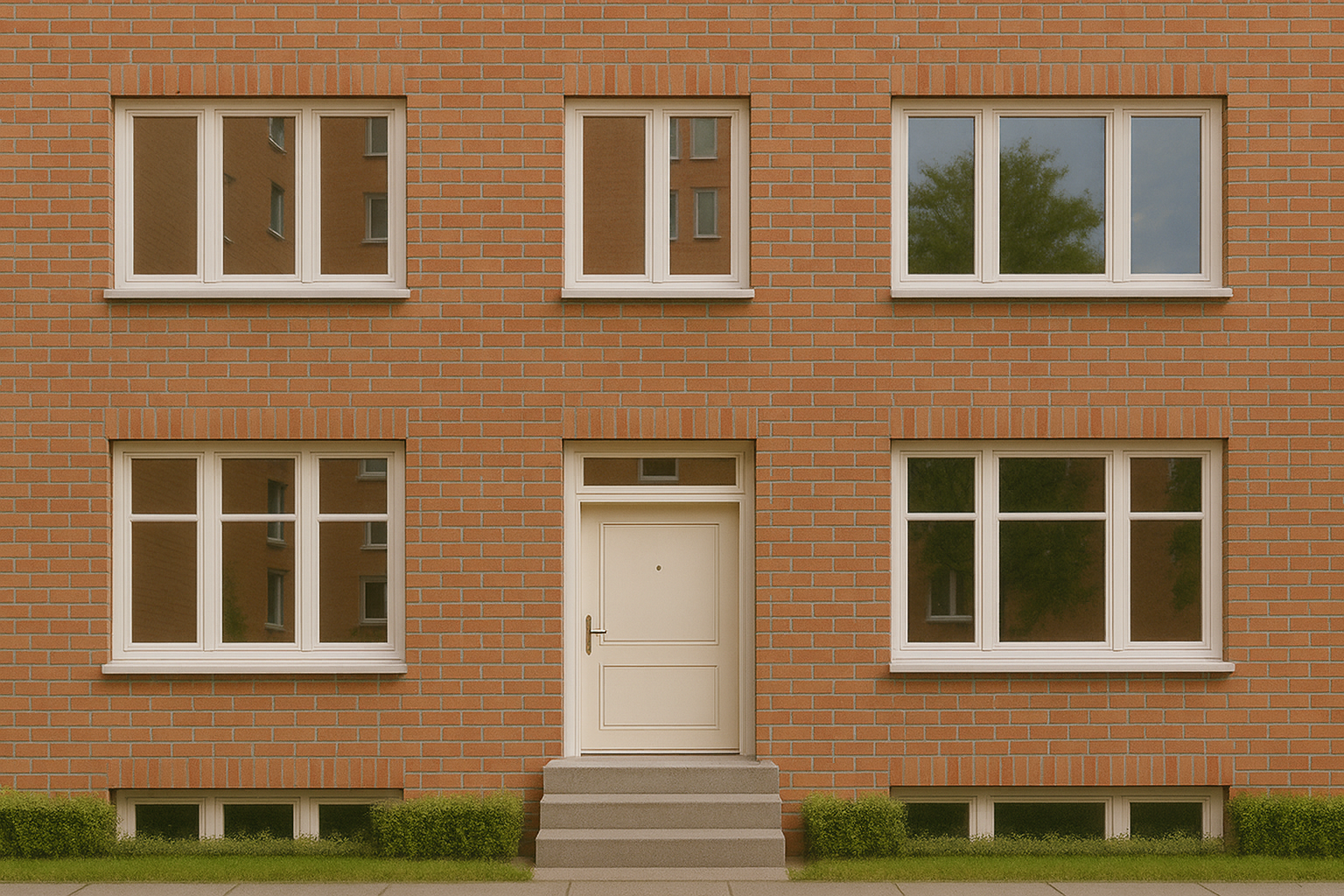Published on August 25, 2025
Reclaiming a rental unit allows a landlord to take back a leased dwelling to house a relative, such as a parent, a child, or a person they support. This right is recognized by law, but it remains subject to strict conditions. The tenant’s age, length of occupancy, and income may limit the reclaim. In addition, the landlord must comply with specific deadlines and provide written notice in accordance with the prescribed rules.

Learn more
Are you the owner of one or more rental units and wish to reclaim one to house a relative? Is this allowed by law? Yes, but certain strict conditions must be respected. Let’s take a closer look at the rules surrounding the reclaiming of residential rental units in Quebec.
Reclaiming a rental unit
A lessor may reclaim a rental unit if they wish to house (art. 1957) :
- Themselves, or;
- Their ascendants in the first degree (father, mother), or;
- Their descendants in the first degree (children), or;
- Another relative or in-law for whom they are the primary support, or;
- A spouse for whom they remain the primary support after a legal separation, a divorce, or the dissolution of a civil union.
Exceptions
The right to reclaim is restricted when three cumulative conditions are met :
- The tenant in question or their spouse is 65 years of age or older, and;
- They have occupied the unit for at least 10 years, and;
- They have an income equal to or less than 125% of the maximum income making them eligible for a low-rent housing unit, as defined by the Regulation respecting the allocation of low-rental housing (chapter S-8, r. 1).
- The lessor is themselves 65 years of age or older and wishes to reclaim the unit to live in it;
- The beneficiary of the reclaim is 65 years of age or older;
- The lessor is an owner-occupant of 65 years of age or older and wishes to house, in the same building, a beneficiary under 65 years of age.
Notice of Reclaim
1. Transmission of Notice (art. 1960)
The lessor who wishes to reclaim the unit must notify the tenant at least six months before the expiration of a fixed-term lease.
If the lease term is six months or less, the notice period is one month.
When the lease is for an indeterminate term, notice must be given six months before the desired reclaim date.
2. Content (art. 1961)
The notice of reclaim must indicate :
- The planned date of reclaim;
- The name of the beneficiary;
- The degree of kinship or the relationship of the beneficiary with the lessor, if applicable.
Tenant’s Response
After receiving the notice, the tenant has one month to respond, either accepting or refusing the reclaim. Failure to respond is considered a refusal (art. 1962).
If the tenant refuses, the lessor may nevertheless apply to the Administrative Housing Tribunal to have the reclaim authorized (art. 1963).
Conclusion
Reclaiming a rental unit to house a relative is a right recognized for the lessor. However, it is strictly regulated in order to protect tenants, particularly elderly or low-income individuals. Before beginning a reclaim process, it is essential to fully understand your obligations, deadlines, and applicable exceptions. If in doubt, do not hesitate to consult our team. We are here to guide you and effectively defend your rights.